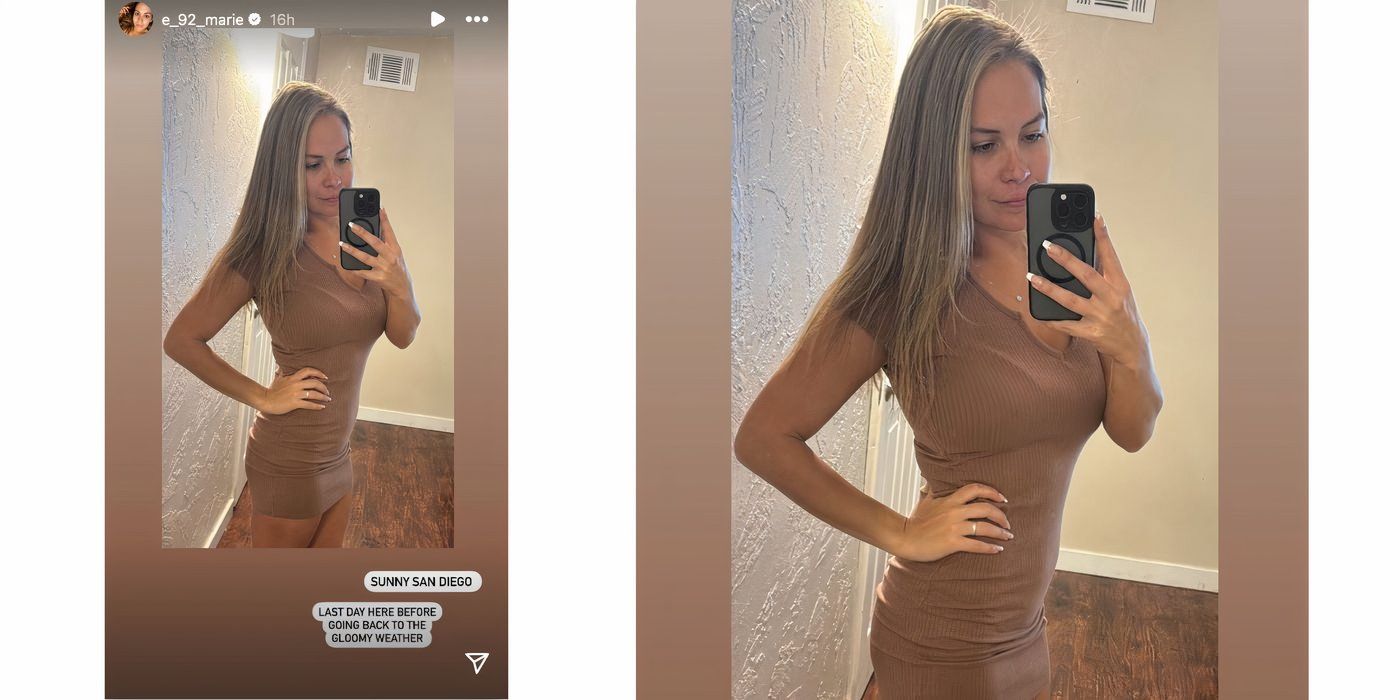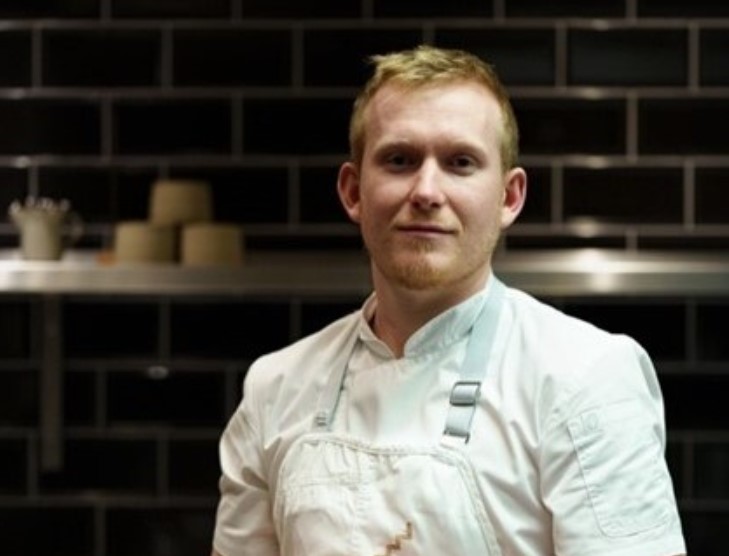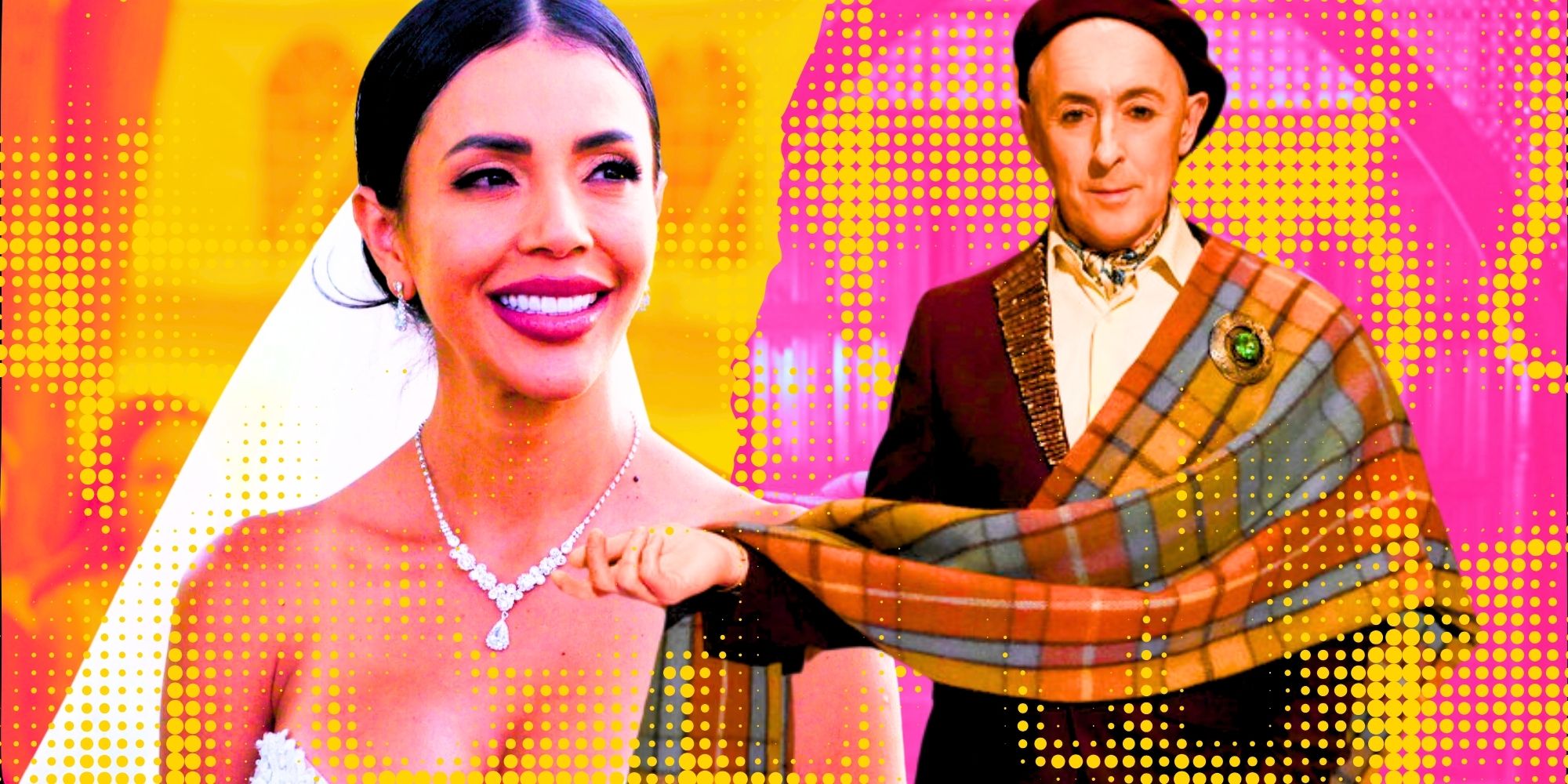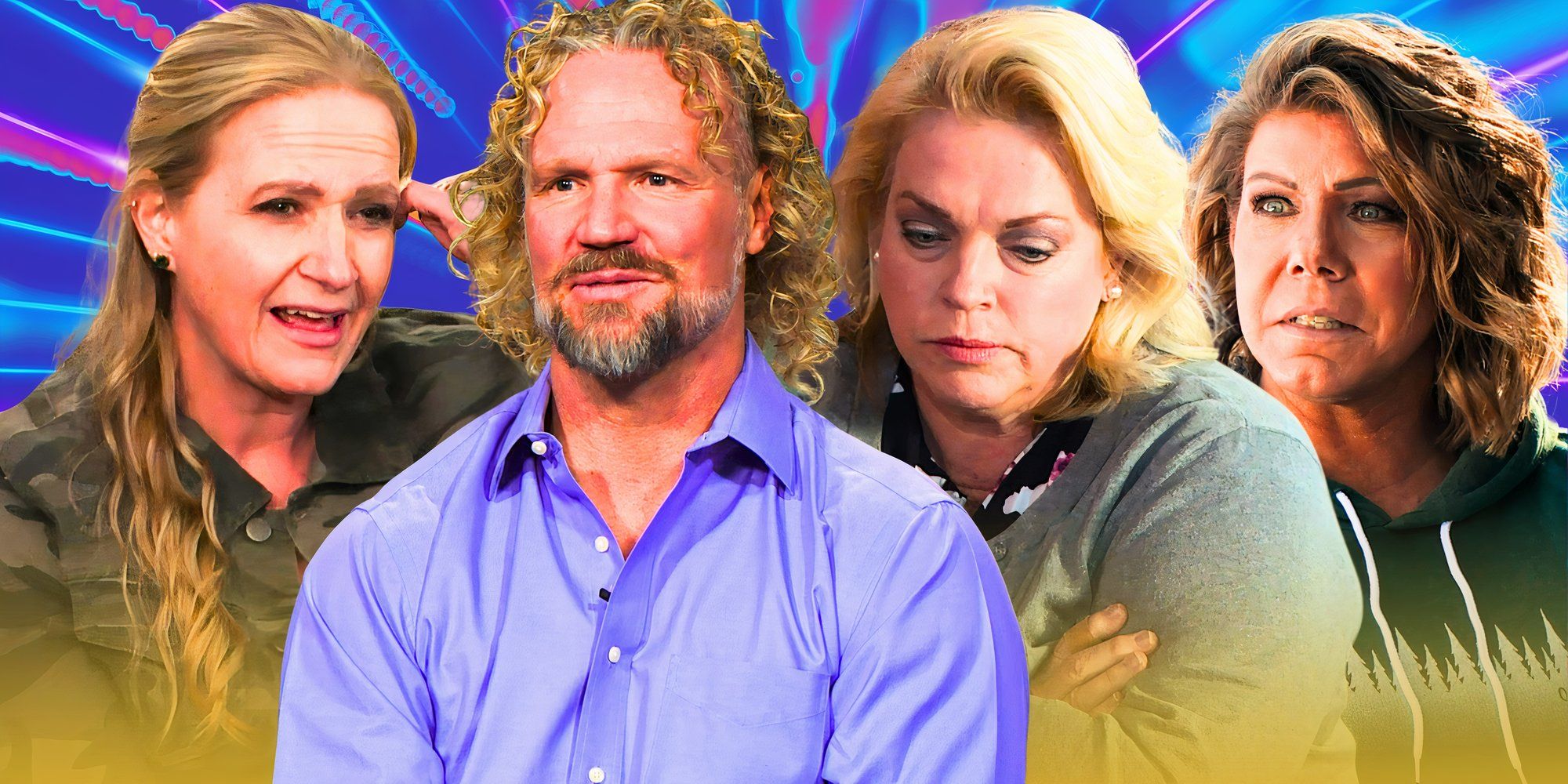Before meeting Jodie Whittaker, I was concerned. Why, you may ask. I’ll tell you why. There was an impression, formed long ago, embedded in the back of my brain: isn’t she a bit of a meanie? When someone asked if I’d interview you, I begin to tell her… “You said no!” the Doctor Who star interrupts, gamely amused. Well, the thing is, I say, I did have a feeling you were mean. I need to explain: it was because her performance was so natural, so tangible as the cheating girlfriend in Jesse Armstrong’s superlative early Black Mirror episode, “The Entire History of You”, that my mind melded it with actual, real-life Whittaker. But the actor has already erupted into a room-filling, dirty roar. “I still might be!” The timer starts now, she quips, “to find out if you were correct in your prediction!”
Actually, I’m concerned Whittaker might have heard that I’m the mean one. Four publicists sit across from us – like a firing squad, except they give you nice biscuits when you go in. I don’t have an itemised list of 1,467 questions about Doctor Who, I promise. I look at Whittaker, who came bounding into the room in a bright green boilersuit, her blonde hair short and spiky, her handshake admirably firm. The 41-year-old from Skelmanthorpe is quick-witted, gregarious; her aitches are enthusiastically dropped, her cackles full-throated.
Now… about Doctor Who. Whittaker is embarking on her first projects since her stint as the Time Lord ended last year, having made history when she – controversially, for some – became the first woman to play the role. Like Bond, the Doctor is the kind of job that comes with a disclaimer: life-changing gig, but you will forever be asked about this. For Whittaker, though, the job was “a no brainer”. “I mean, it’s scary because I just didn’t want to be well known. Never wanted anything less!” she says with a wry chuckle. But casting a woman should never have taken so long, she stresses. “I’m the 13th – I mean, it should have been the seventh. You know, at some point it should have come earlier – but it didn’t. And so for it to be me, I’m forever riddled with pride.” One aspect of the casting was strange for her, though. “Someone said to me, ‘Are you gonna play it as a woman?’” she laughs. “You don’t think about being a woman, do ya? I mean, I just don’t walk around in that sense.”
Historic though her performance may have been, some felt Whittaker’s Doctor was a missed opportunity, the episodes mired in bad storylines, her potential squandered. Perhaps this view has been amplified because the internet age has allowed fandoms to be vocal; they can seem full on and gatekeeper-ish, adamant about what happens to their favourite franchises. Whittaker’s experience with the Whoniverse hasn’t been like that, though. “No one’s told me they’ve hated me. I think it takes a lot to queue up and stand and say to someone, ‘I hated your version of the Doctor.’ So you only have smoke blown up your arse,” she says. “So that means I only ever have positive experiences. I’m sure if I was on Twitter, I’d have a very different version. But I’m not. So I go ‘la la la!’” she trills, her fingers in her ears. (She’s missing deeply cerebral digs like a below-the-line comment that sticks in my memory: “Sonic screwdriver? More like sonic whisk”.)
Jodie Whittaker as Tess with Yael Stone (Hat) and Nicole da Silva (Simone) in ‘One Night’
(Joel Pratley)
Whatever your view, Whittaker inhabited the role in a way that for many will make her forever the Doctor – comic, warm, charismatic. As with my utter conviction that she’d make her heartbroken boyfriend gouge out a chip from his brain á la Black Mirror, it’s a reminder of what an impressive, understated talent Whittaker is. In recent BBC drama Time, she was the dignified but disbelieving single mother whose life is upended by a short-term prison sentence for fiddling her electricity meter. In Broadchurch, she was a woman isolated in her grief after the murder of her son. The BBC’s adaptation of Sarah Waters’s Second World War novel The Night Watch saw her having a forbidden love affair as bombs fell, while in 2012 she took on one of the great Greek tragedies, playing Antigone at the National Theatre. Before me sits a shapeshifter; out of character, she has the energy of someone who is always walking through life to a brilliant song. “I think if I could be in a constant scenario where there was a soundtrack playing to my every mood,” she tells me, starting to laugh, “I would be in heaven.”
Whittaker is a music lover; she’s previously said that she starts every day listening to BBC Radio 6 Music, and, true to her brand, gave the taste-making station her first interview when she was cast as the Doctor. Every project she does, she explains, has a song attached to it in her mind. For One Night, the Paramount Plus drama we’re here to discuss today, that song was “Talamanca” by Brit DJ and indie-dance producer Burns. Listen to it, all shimmering, summer beats, and you’ll find that the mood of the song doesn’t necessarily reflect the mood of the show. One Night is dark. Set in Australia and co-starring Yael Stone and Nicole da Silva, it charts the aftershocks of a sexual assault 20 years ago on a group of three friends. Whittaker plays Tess, who was assaulted but can remember little; Simone (Da Silva) has published a sensational anonymous novel about the incident. The show marked not just Whittaker’s first job after Doctor Who but her return to work after the birth of her second child (she has two with husband Christian Contreras, whom she met at the Guildhall School of Music and Drama in the early Noughties and married in 2008).
She was “very ready to go back to work”, she explains, but was thinking of something “not super heavy” and not too soon, until she started to read it. Then came the “mad dash panic to get me a visa and get us all over there” – she spent the shoot living in Australia with her family. “My connection to the writing was instant,” explains Whittaker, who read impact statements from survivors of sexual assault to prepare for the role. “I feel like on paper, we could say there’s been a lot of shows about sexual assault, but this is an exploration of friendships, of ownership, of memory and of trauma. And it isn’t an outsider looking in, two detectives wandering around trying to work it out, and the survivor becomes the third party – it’s about how this event can affect so many people.”
Bella Ramsey, Tamara Lawrance and Whittaker in the second season of ‘Time’
(BBC)
For Whittaker, Tess felt like new territory – she’s a closed book, her crisp shirts buttoned high, making it all the more shocking when we discover she’s covered in tattoos underneath. “Most of the characters I’ve played, they’ve been able to share how they feel. And I’m like that, you know, I’m always on the brink of bursting into tears. It can be through happiness, it can be through just a bit of frustration. But I’m always ready to kind of… be there. But playing someone who absolutely contains that within an inch of their life and has perfected an armour was fascinating.”
Scenes with the young actors playing Tess’s two children were also tough; Whittaker’s instinct is to be tactile. Afterwards, she’d get them in a headlock or ask them for a cuddle. “I know you think I’m an arsehole,” she jokes with a flash of a grin, “but of all the things I’m like, [and] I’m an absolute neurotic hyperactive beast – I’m not necessarily good at shutting off and being cold. So those are challenges for me.”
Access unlimited streaming of movies and TV shows with Amazon Prime Video
Sign up now for a 30-day free trial
Sign up

Access unlimited streaming of movies and TV shows with Amazon Prime Video
Sign up now for a 30-day free trial
Sign up
Whittaker went straight from making One Night to playing Orla O’Riordan in Time, “which was great because I felt totally out of my depth, totally unprepared, and I couldn’t have been more Orla”. Jimmy McGovern and Helen Black’s follow-up to the Bafta-winning first series has been praised for showing the reality of how the justice system disproportionately derails women’s lives, with Orla’s story particularly stark. Orla finds herself serving time, essentially, because she can’t pay her bills; in the process, she loses her children, home and job. In the final episode, she’s told no housing can be found for her upon release, so she’s sent into the world with just a tent. Mere weeks before the episode aired, the since-sacked home secretary Suella Braverman declared a crackdown on people sleeping in tents, describing homelessness as a “lifestyle choice”.
I’m always on the brink of bursting into tears
“Oh! I mean… how bizarre, the timing,” she says, hushed. What did she make of that, having done her research on that character, knowing Orla’s humanity, I start to say… but Whittaker, firmly, jumps straight in. “I don’t think you need to do research to understand the humanity. If you have to research that to understand that isn’t a lifestyle choice, then I think that’s quite terrifying,” she says. Being in the show didn’t alter her personal response to Braverman’s words. “I would probably be as angry as I was, anyway.”
Alongside Whittaker, Bella Ramsey played a pregnant heroin addict and Tamara Lawrance a woman who had killed her baby. How on earth did they keep things light on set? “I mean, the scenes where loads of us are walking in a line, can you imagine, we’re all pigs in s*** with each other just wanting to have a conversation. There were so many times I’d be like” – she does a pretend loud whisper – “‘I’ll get back to ya! I’ve got to get in the queue!’” Whittaker was thrilled to work with Ramsey and Lawrance. On The Last of Us star Ramsey, who’s 20, she says, “I’m twice their age, and felt like I was in the presence of someone who had been around for centuries,” while Lawrance’s performance in the film The Silent Twins made Whittaker simply say, “F***ing ’ell!”
She has glowing things to say about all of her collaborators, but I genuinely don’t think she’s putting it on. Whittaker is a rare actor happy to admit her job is, well, pretty fun. “I’m a kid in a sweet shop with actors, because I’m like: ’ow do you do that? Even though I’m here doing it,” she says, before inserting a self-deprecating aside, “Or maybe not doing it.” Her wonkish-ness about acting means she watches a lot of things with subtitles – “I love seeing a line and then hearing how someone chooses to say it. A line can look so mundane. But then there’s a line in The Wire where they just say f*** about 20 times.” (Some of her non-UK friends needed subtitles to understand her in Time – “‘Fiddling leccy? Can you just explain it to me?’” they asked.)
Whittaker with ‘Doctor Who’ co-stars Tosin Cole and Mandip Gill
(Getty for BBC America)
And if she loves actors, she really loves writers. “At a time when writers were on strike, I couldn’t be more convinced of how important it is to protect writers and to protect their voices and to make sure that their hours and hours of research and hard work is respected enough to be given everything it deserves,” she says. I wonder if she’s thinking about the criticism Doctor Who (and Broadchurch) writer Chris Chibnall received for his Time Lord scripts, but Whittaker is pretty clear that her non-social media status keeps her aloof from people saying bad things. Plus, the firing squad is staring at me.
The work Whittaker is doing now is her first foray into the post-#MeToo industry, outside of the safe bubble of Doctor Who. In the time she played the role – 2017 to 2022 – things changed. One Night, for example, is the first time she’s ever worked with an intimacy coordinator. “I… cannot believe I’ve spent most of my career without one,” she says. “Having that presence there, to guide and support, is something that I feel really passionate about and on every job going forward I will 100 per cent use that resource,” she says. Becoming the first female Doctor happened at “an impactful time because it was a big year – a lot of things politically were happening. There were a lot of voices being heard that were necessary to hear. And I think that casting was accidental timing for them, but it was totally necessary for the journey.”
I… cannot believe I’ve spent most of my career without an intimacy coordinator
She’s categorical about her years on Doctor Who. “It is my happiest time. That show gave me so many opportunities outside of it. I now meet a whole fandom of people that are possibly the most creative and diverse group of people, that love this show that I now love, because I never understood it before and didn’t watch it, and now I’m like ‘oh my gaddd’, and I get its impact. I understand its relevance. And I understand its joy. And it’s a f***ing gig and a half. It just is. Three seasons was definitely enough. But I will be forever grief-ridden that I’m not playing the Doctor.” Despite her emotions, she speaks about watching Ncuti Gatwa regenerate this Christmas like a fan herself. “Oh my God – I’ll be front row! So excited. He’s gonna smash it. I can’t wait.”
Whittaker’s next role will be alongside Robert Carlyle and Aimee Lou Wood in Netflix’s Jack Thorne-scripted Toxic Town, based on the real-life scandal of one of the biggest UK child poisoning cases since thalidomide. Families in Corby took on the system in 2009 after 19 children were born with deformities caused by toxic dust; the story has been described as “the British Erin Brockovich”. Sounds like another cheery one, then? “This is not cheery,” she says. What next, then? Whittaker is fine not knowing. “I don’t see the point of trying to decide anything. The joy of not knowing means when you do know, you jump off the cliff and don’t know where you’re going to land,” she says, utterly nonplussed. “If somebody said to me while we were shooting Broadchurch season three, ‘trust me, your next job is going to be the Doctor’, I’d have said, ‘Is it ’eck!’” Her dream: “a part that scares the s*** out of me”. So there you have it. Jodie Whittaker: great actor. Nice person. Not a meanie.
‘One Night’ is on Paramount Plus








